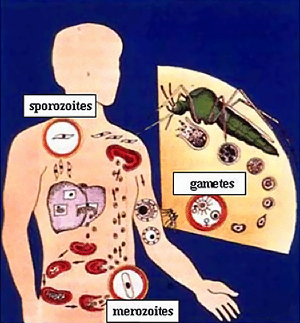For the Philanthropist Bill Gates getting rid of Malaria is not an unrealistic desire, but a tough determined goal that can be reaching in the coming decades.
In an interview conducted by Reuters, Gates claims that it is a long term goal. It can only be achieved in a lifetime.
He added that he is going to be disappointed if 20 years had passed and they are not even closed at eradicating the water borne disease worldwide.
Malaria kills more than 780,000 people yearly — the vast majority of them children and babies in sub-Saharan Africa — and is endemic in around 100 countries.
Gates said an improved focus and substantial rises in funding for malaria, partly encouraged by his call in 2007 for global annihilation of the disease, was steadily “shrinking the malaria map” and would continue.
He claimed that the first, likely candidates for the fight against Malaria are going to be done in the Madagascar, Papua New Guinea and Ethiopia.
Giving a support to anti-malaria efforts was news on Tuesday of an experimental vaccine from GlaxoSmithKline, halving the risk of African children getting malaria.
 However, expert said that the new vaccine is not quick in eliminating Malaria. The new shot is less efficient against the disease than other vaccines are against ordinary infections, which include polio and measles.
However, expert said that the new vaccine is not quick in eliminating Malaria. The new shot is less efficient against the disease than other vaccines are against ordinary infections, which include polio and measles.
Gates’ eradication call in 2007 — the first time the fight for Malaria got revived after the failed malaria eradication back in 1955.
During the earlier global eradication effort, the disease got eradicated in many wealthy countries. However, it did not push thorough Africa, Asia and South America since the political commitment and funding faded.
Critics now fear that a highlight over a distant goal of annihilating the disease globally is going to divert money and energy away from efforts in effectively controlling the disease and focus on bringing death rates and case numbers down.
Gates believes that eradication and control are not far from each other. If people want to eradicate Malaria, people need to start with control. The next step would be sustaining what they have started.
More than 300 leading malaria scientists, global health leaders, policymakers and advocates, went to the three-day conference, where Gates and other speakers stressed progress made in tackling malaria and urging the international community in keeping up the fight.
According to a new report by the Roll Back Malaria group, around a million African children got saved from the disease since 2000 and annual funding in fighting malaria rose to $1.5 billion in 2010 from about $100 million in 2003.